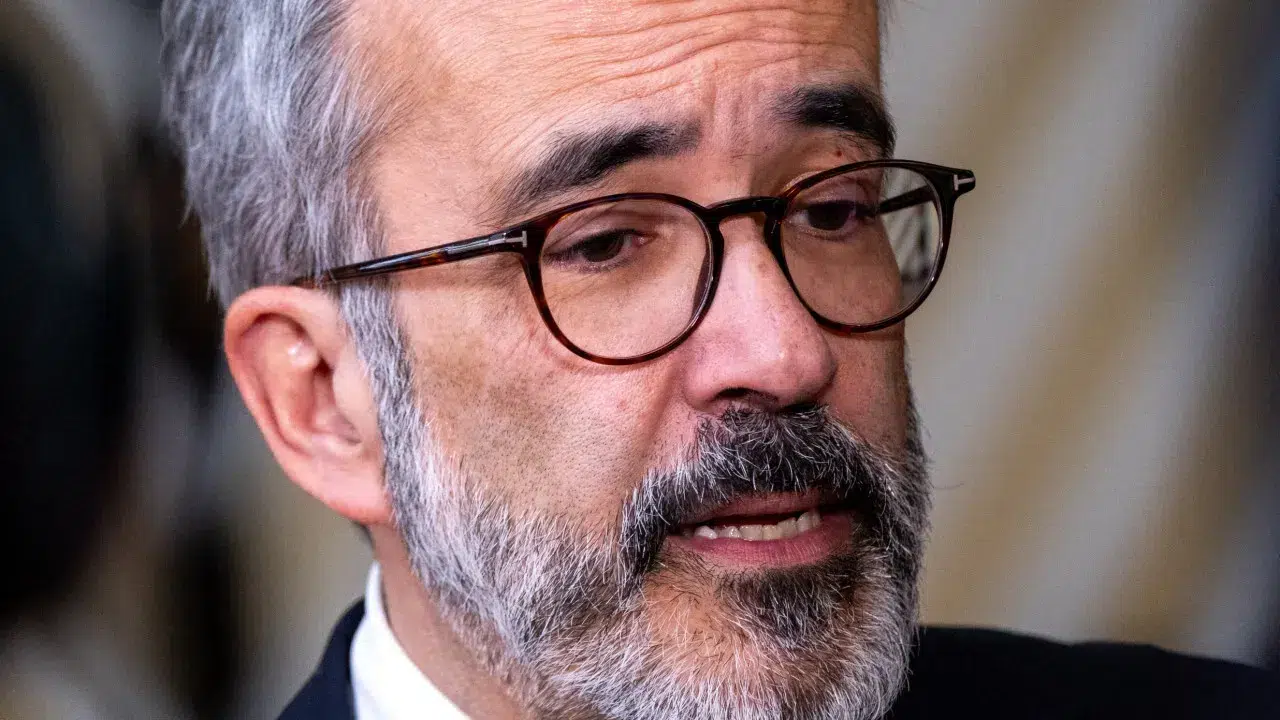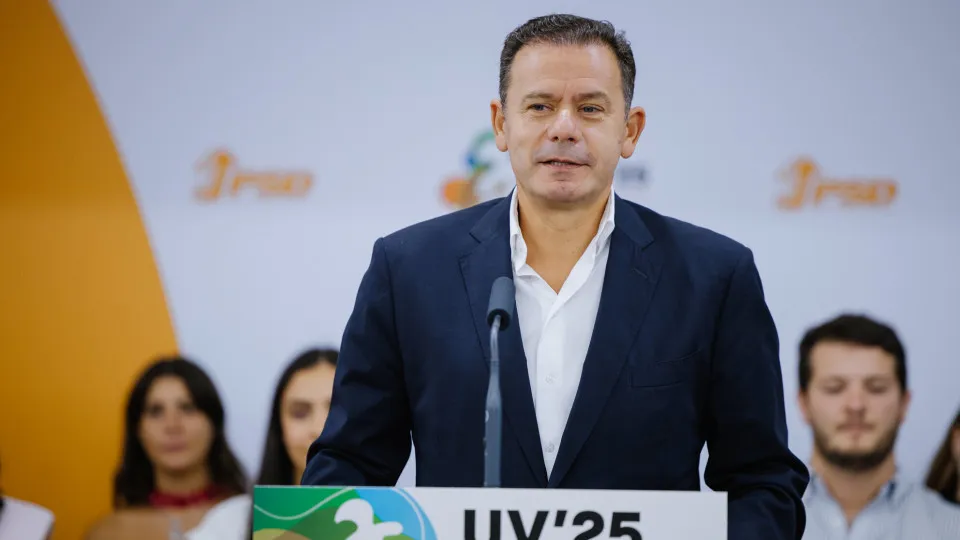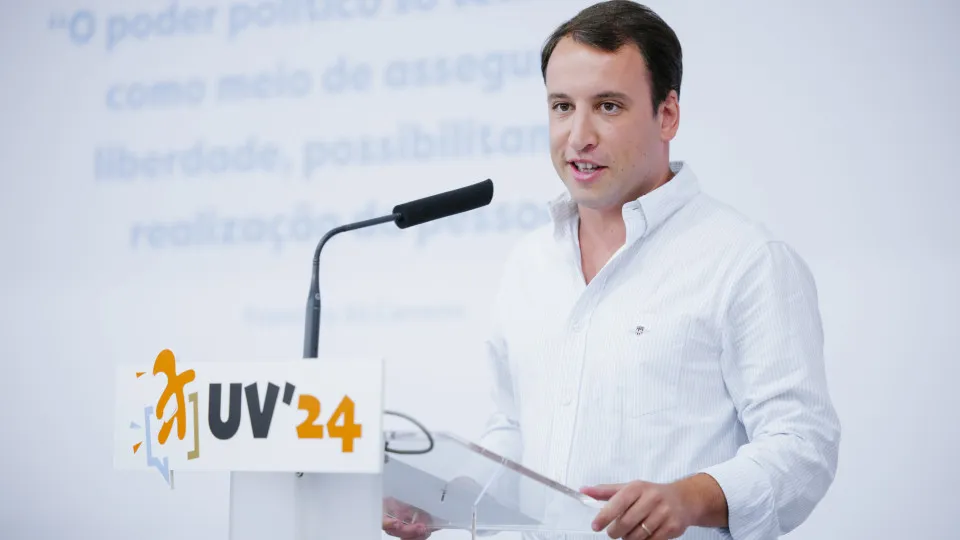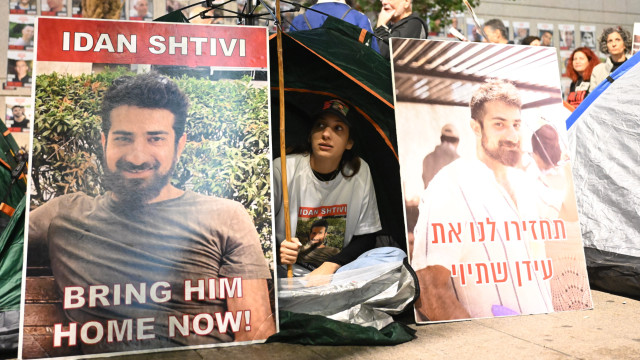
Addressing the plenary session at the Assembly of the Republic, Paulo Rangel stated that a “very concerning phenomenon” is occurring in the European Union, which is the increasing limitation of the Schengen areas.
Some “member states lack confidence in the EU’s external borders. Thus, the primary task is to strengthen those external borders,” he said, directly linking this to immigration policy “to protect the free movement within the EU,” specifically mentioning Germany, Poland, and Lithuania.
“It is the internal freedom of movement that is at stake,” he emphasized.
On Monday, Poland reinstated temporary controls at its borders with Germany and Lithuania.
This decision followed German Chancellor Friedrich Merz’s endorsement of stricter immigration policies and border controls between Germany and Poland, aiming to reduce the influx of immigrants into Germany.
The European Union has a visa-free zone, known as Schengen, allowing most member states’ citizens to travel freely across borders for work and leisure.
Switzerland is also part of Schengen, although it is not an EU member.
Member states are permitted to temporarily reintroduce border controls in the event of a serious threat, such as internal security.
Border controls should be a last resort, applied in exceptional situations and limited in duration.
According to the Danish presidency, it’s crucial for the EU to continue the work begun in January and even before, which includes military support for Ukraine, concluding the agreement with Mercosur countries (Argentina, Brazil, Bolivia, Paraguay, and Uruguay), advancing EU competitiveness, and importantly, strengthening defense and security areas, as well as progressing with the EU enlargement process.
Denmark follows Poland, whose presidency focused on the 16th and 17th sanction packages against Russia and initiated debates on EU defense.




